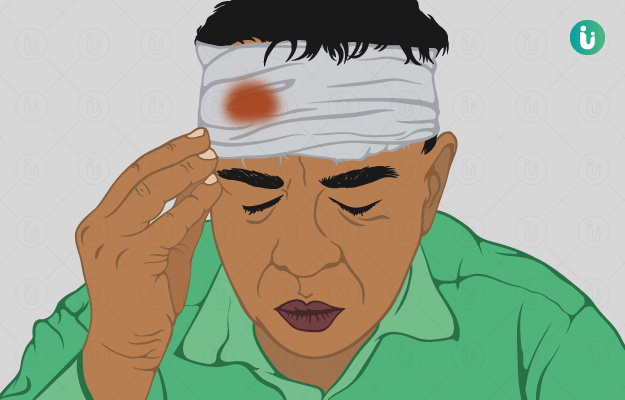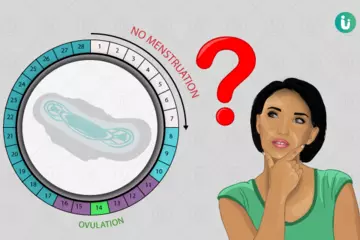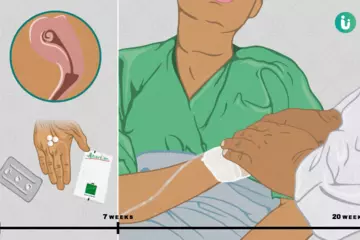What is head injury?
Injury to the head, scalp or brain is referred to as head injury. Head injuries can range from a mild bump on the head to a severe form of concussion or a fracture of the skull bone.
What are its main signs and symptoms?
Depending upon the impact of the injury, a person may present with a variable degree of symptoms, which can be mild, moderate or severe.
- Mild injury
- Bruise or bump on head
- Cut on the scalp
- Headache
- Photophobia (light sensitivity)
- Nausea
- Confusion
- Light-headedness
- Changes in the sleep pattern
- Blurring of vision
- Moderate injury
- Temporary loss of consciousness
- Severe headache
- Nausea and vomiting
- Pale skin
- Irritability or behavioural changes
- Open wound
- Severe injury
- Loss of consciousness
- Comatose state
- Seizures
- Slurring of speech
- Dilated or fixed pupils
- Foreign object penetrating the head
- Vegetative state
What are its main causes?
Causes of head injury are variable. There are different sets of causes in children and adults. In children, it can be due to falling from a height, violence or sports-related injuries, while in adults, it can be due to a road traffic accident (vehicular accident), physical assault or violence, falls or sports injuries.
How is it diagnosed and treated?
A thorough clinical examination inclusive of the Glasgow Coma Scale (GCS) helps in staging the head injury. Lower scores on the GCS indicate more severe injury and vice versa. Sometimes, it is difficult to obtain the medical history due to a comatose state. Certain tests are mandatory to check for the extent of the injury and damage to the brain cells. These tests encompass:
- Computed tomography (CT) scan: It helps in viewing fractures of the skull, bleeding, and tissue swelling.
- Magnetic resonance imaging (MRI) scan: It is of greater significance compared to CT scan and has greater accuracy.
Mild injury requires observation or use of simple analgesics (along with icepack application) for pain, while moderate and severe injuries require treatment ranging from simple medication to surgery or sometimes admission to the emergency ward.
Treatment for head injury includes:
- Anti-seizure medications – Seizures are a common symptom of head injury and can damage the brain, thus anti-seizure drugs are of great help.
- Diuretics – Some types of head injuries cause swelling around the brain; the use of diuretics can reduce this swelling and help in relieving pressure symptoms.
- Coma-inducing drugs – While the brain is trying to recover on its own, it starts utilising extra oxygen. However, since the blood vessels are affected, it may not get enough oxygen, and this can result in further injury and death of brain cells. So, to avoid further injury, coma-inducing drugs are used to temporarily reduce the functioning of brain cells.
Surgical treatment of head injuries includes:
- Repairing the skull fracture
- Suturing the bleeding brain vessel
- Creating a window in the skull to relieve pressure on the brain
Apart from surgery and medications, rehabilitation is required to improve the functioning of the brain and organs affected due to brain damage. Rehabilitation includes physiotherapy, occupational therapy, counselling and recreational therapy.

 Doctors for Head Injury
Doctors for Head Injury  OTC Medicines for Head Injury
OTC Medicines for Head Injury
 Head Injury articles
Head Injury articles

 First Aid for Head Injury
First Aid for Head Injury







 Dr. Nabi Darya Vali (AIIMS)
Dr. Nabi Darya Vali (AIIMS)











